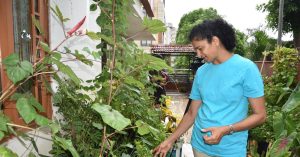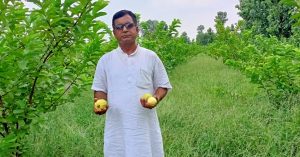Couple Turns Empty Land to Hub of Exotic Veggies, Delivers Produce in 4 Hrs Post Harvest
Jodhpur couple Rajnush and Vedika Agarwal have turned their ancestral land into an experiential farm named MharoKhet, where they not only grow several organic exotic vegetables, but also deliver the freshest produce within hours of harvest.
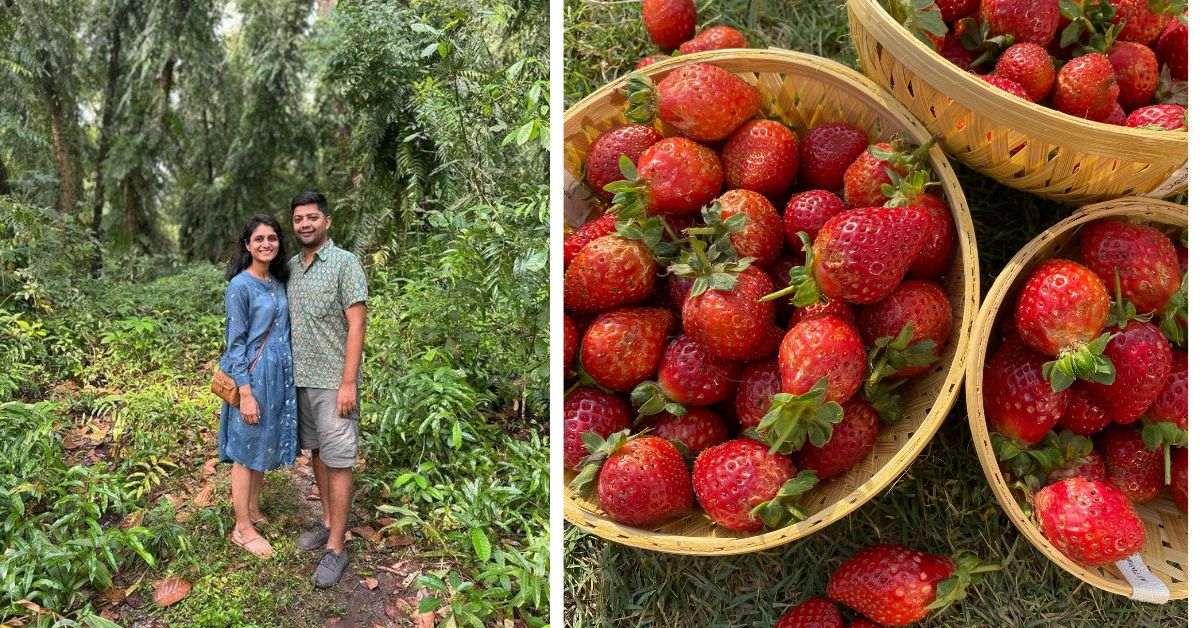
If you happen to pass by the quaint village of Manai in Jodhpur, there is a stop you shouldn’t miss.
MharoKhet — an experiential farm — is not only a unique opportunity to experience how a real farm works, but has also been growing and supplying fresh produce all around Jodhpur for two years now.
To Rajnush and Vedika Agarwal, the duo behind this initiative, the idea of turning their 30-year-old ancestral land into something that offers a peculiar ‘farm-to-table’ experience seemed idealistic at first. But as they recall to The Better India, they have always been unflinching lovers of nature.
While guests pour into MharoKhet’s 40-acre premises every day — some to get a tour of the farm and others to get their share of the fresh produce — the Agarwals sit to recount how it all began.
A trip to Japan, an idea, and a farm
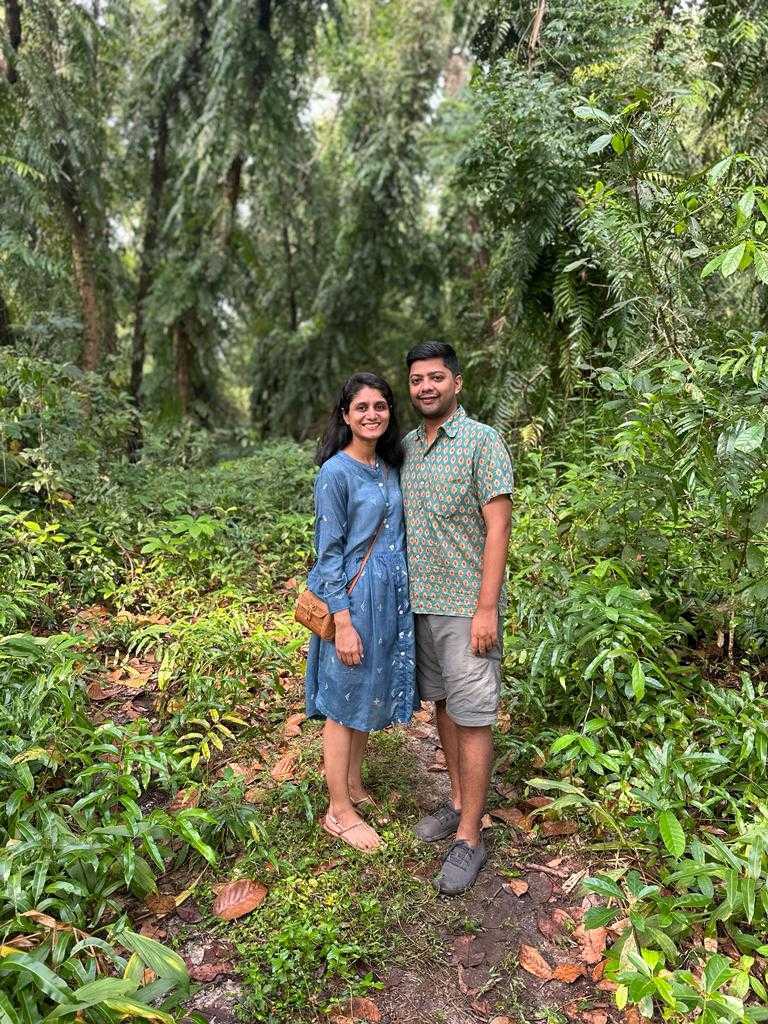
In 2019, the couple took a trip to Kyoto, Japan.
Rajnush, an engineer who has been managing his family business for years, says, “The trip put a lot into perspective, as we realised that the vegetables grown in Kyoto were famous all across Japan, simply for their freshness. We learnt that the vegetables were even used by Michelin-star restaurants.”
“If the Kyoto model was such a raging success simply because it was a farm-to-table model, could we replicate the same on our ancestral land, where we had been cultivating tomatoes and other vegetables for daily consumption for the last 12 years?” wondered Rajnush.
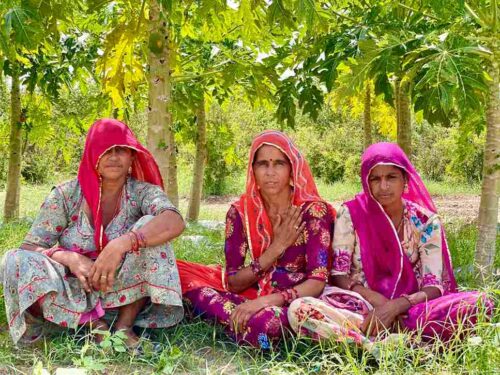
And so the couple decided to commercialise the venture, selling the produce grown on their farm to people in and around Jodhpur with a promise — “everything you order will be delivered to your doorstep within four hours of harvest”.
Deliveries were to be slated for Tuesdays and Fridays.
Rajnush explains they implemented drip irrigation on the farm, “which saves 60 per cent water compared to traditional methods”, and started growing crops with the intent of sharing it with all of Jodhpur instead of just their kitchen.
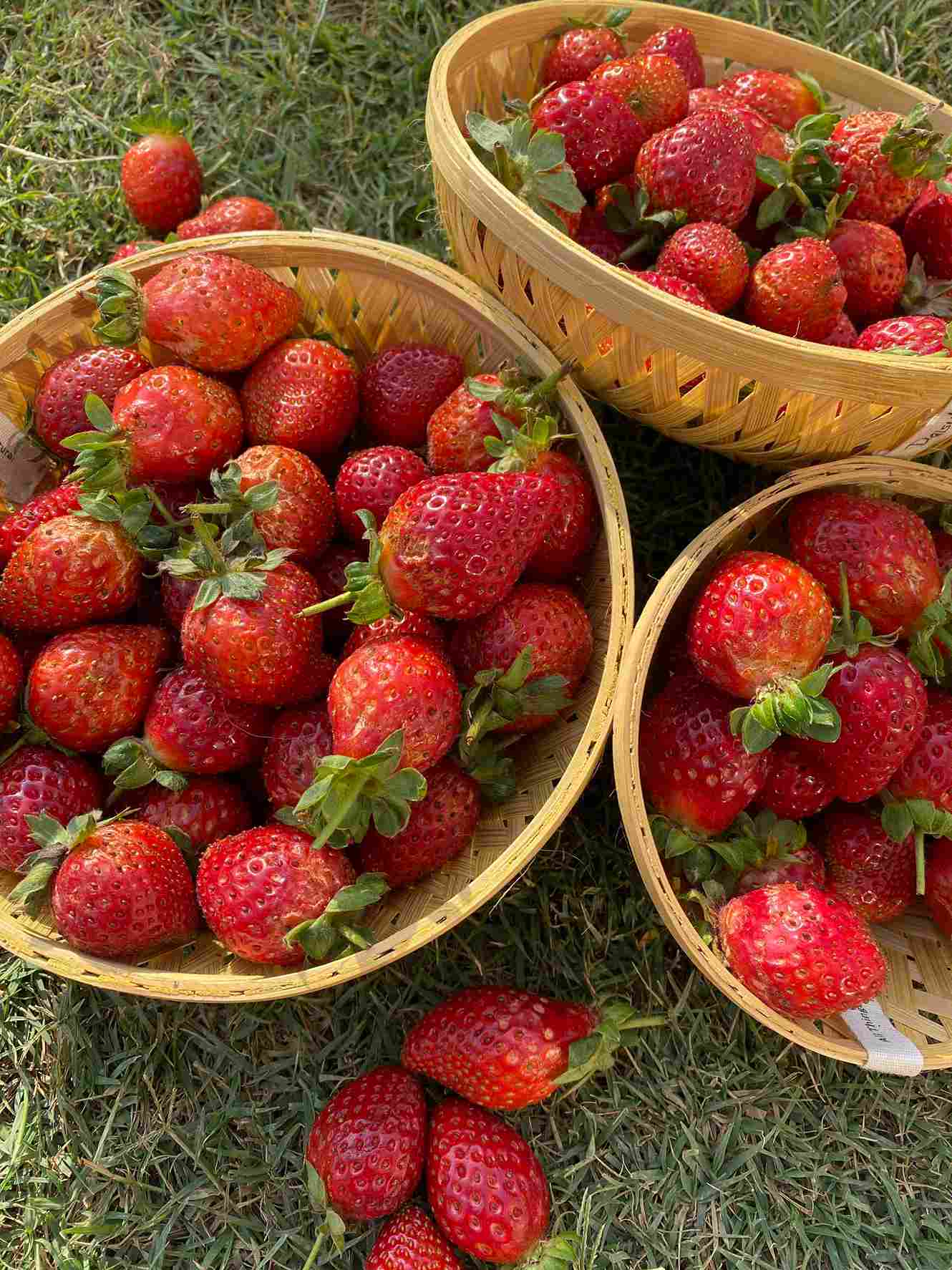
The farm-to-doorstep venture started in November 2020 on a high note. This was the same time that people’s awareness about health and well-being had grown, gratis the COVID pandemic. The Agarwals saw a boom in business and people’s interest in consuming fresh produce. The model was a hit, but Rajnush was still not quite satisfied.
“While there was a burgeoning demand in the local community for fresh vegetables, I wanted to give people a taste of something they had never had before, something that wasn’t available in the local markets,” he adds.
So with this idea in mind, he and Vedika took a leap of faith and ventured into a space that many farmers in Rajasthan wouldn’t be brave enough to get into — exotic vegetables.
An abundance of exotic veggies
“It is simple logic,” says Rajnush. “If you can offer your customers something exclusive that no one else can, you will get a good customer base. It’s the same with exotic vegetables.”
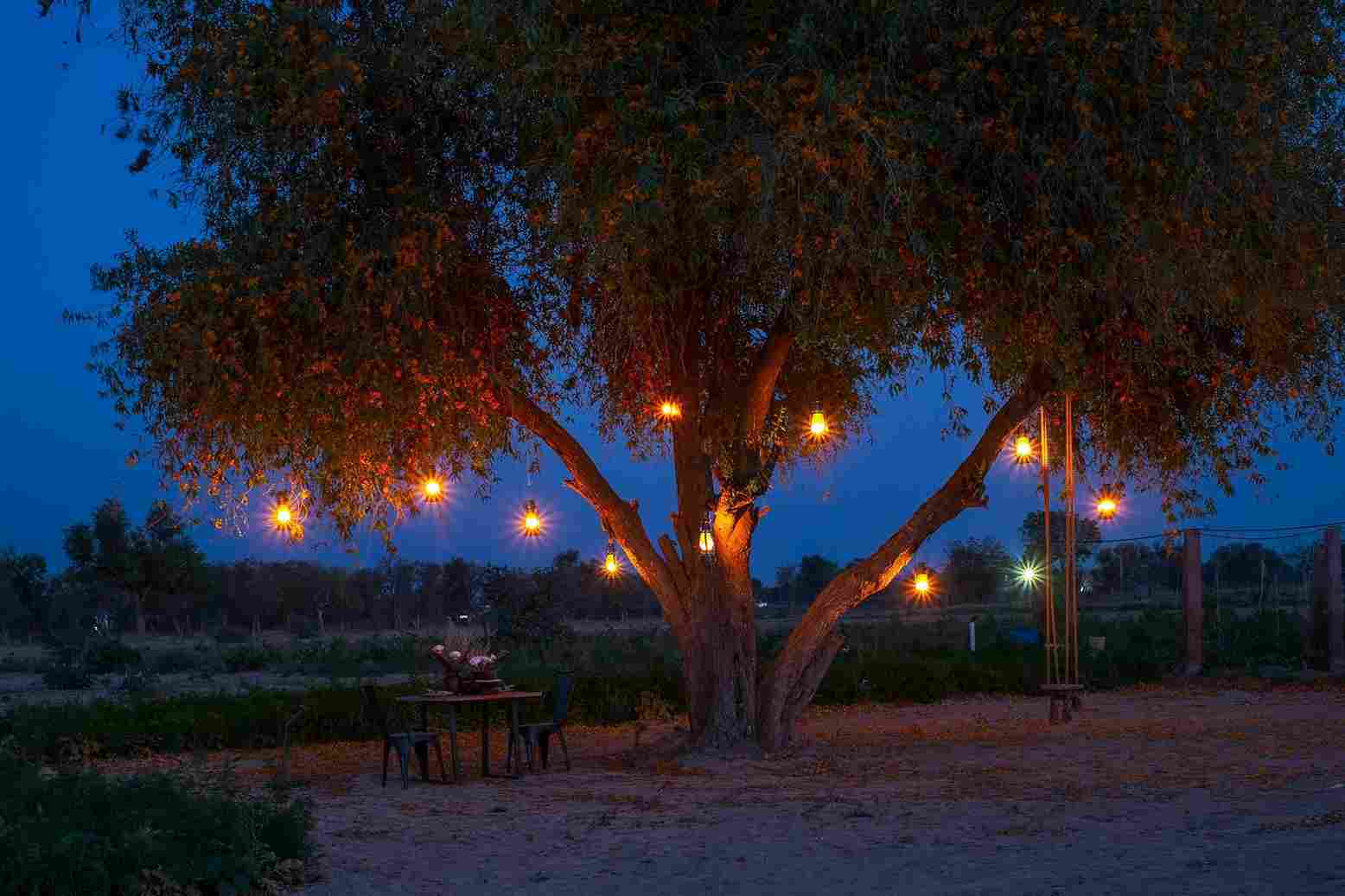
But venturing into unfamiliar territory meant that the couple met with numerous hurdles. For one, there was the realisation that the market was ever-changing, that competition was plentiful, and that “you can never get too comfortable”, he notes.
Moreover, “what no one tells you is that the final product rarely looks like what you find in supermarket aisles — the shape is distorted, the size isn’t good — and when we sold our first batch, we did not get any buyers,” he adds.
Regardless, the couple slowly found their footing with an exotic crop that they personally loved eating at home — broccoli.
The next few months were filled with interactions with different experts from IIIM (Indian Institute of Integrative Medicine) in Jammu, who came down to train the team of farmers, as well as CAZRI (Central Arid Zone Research Institute) in Jodhpur, which carries out studies on desert plants.
Today, the fruits of these endeavours can be seen across MharoKhet — fields abundant in chamomile, cherry tomatoes, oyster mushrooms, fresh oregano, sage, kohlrabi, black carrots, golden beetroots, kale, iceberg lettuce etc, fresh jalapenos, etc.
The couple not only uses this produce for their farm-to-table experience, but also sells it to homes and restaurants across Jodhpur. “We have a system called BYOT (Bring Your Own Tokri), wherein the produce harvested on the two days of the week is packed into paper bags and baskets, and delivered to doorsteps within four hours,” says Rajnush. Along with homes and restaurants, the produce of MharoKhet is also a hit among pastry chefs, confectioneries, and bakeries.
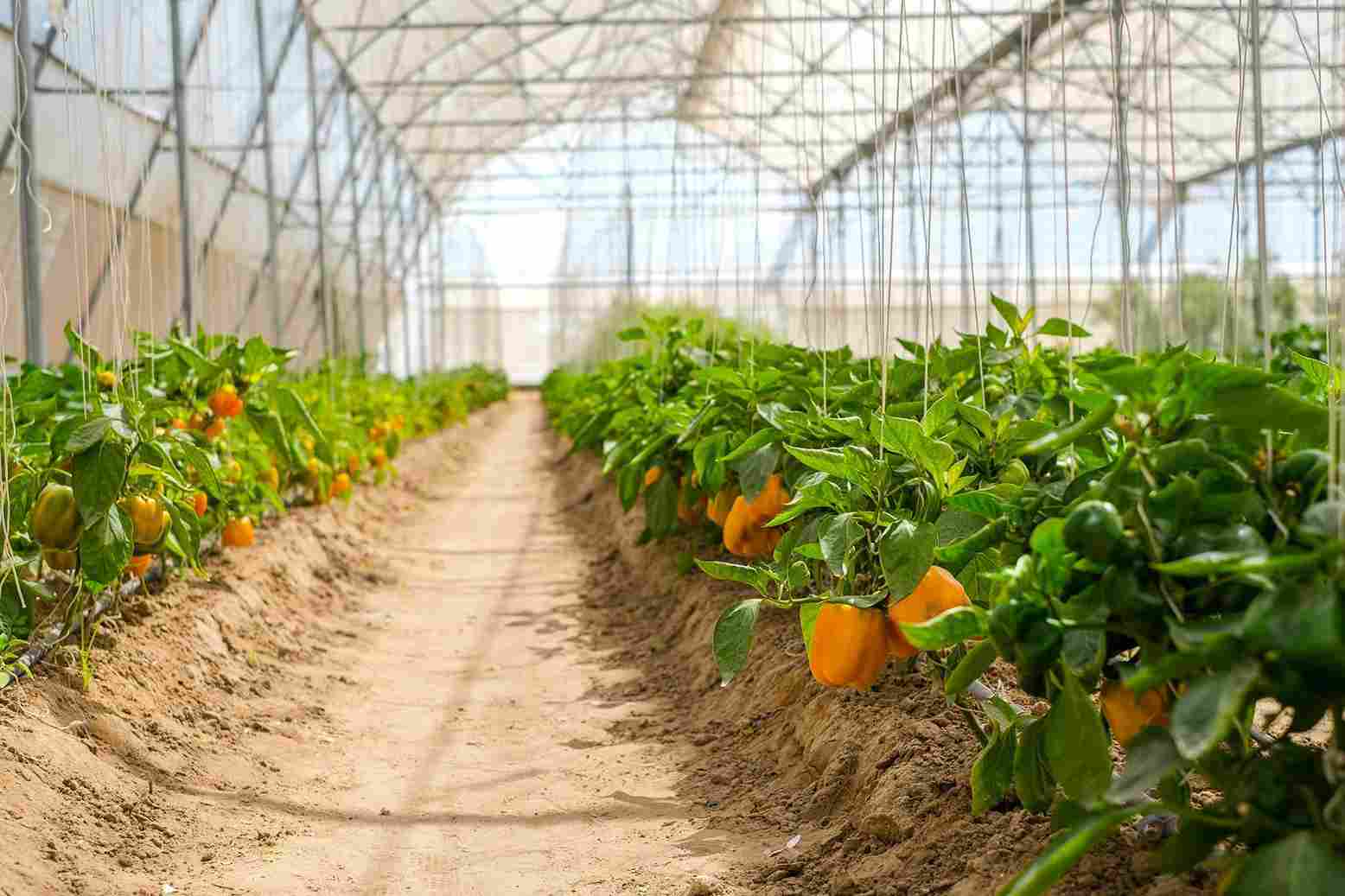
Fine dining meets sustainability
The experiential visit is divided into two parts — the tour of the farm and the dining experience.
The former lasts for around two hours — guests are taken around the farm, shown the different crops, explained the process of making biopesticides, shown the composting pit, and made to understand the concept of a zero waste kitchen — while the latter is the feast.
“Working on a blank slate has been quite exciting,” says Vedika. “Our ethos at MharoKhet is to champion ‘local’ and ‘sustainable’ and while curating the experience, at each touch point, these facets are always given primary importance.”
At the feast, guests can visualise the farm-to-table concept in all its glory. “As much as 90 per cent of the seven-course meal comes from the farm,” says Rajnush, adding that this includes a starter followed by cold soup (popular in Rajasthan), followed by a salad, three entrees and dessert.
“Every dish has a hero protagonist, which is a plant,” Vedika explains. “For instance there is our Indore street style bhutte ka kees, where corn is the main ingredient; soy braised cabbage; gourd and lentil loaf with chaat flavours; okra (brinjal) crunch; and shengdanyachi stuffed jalapeno on wheat crisps.”
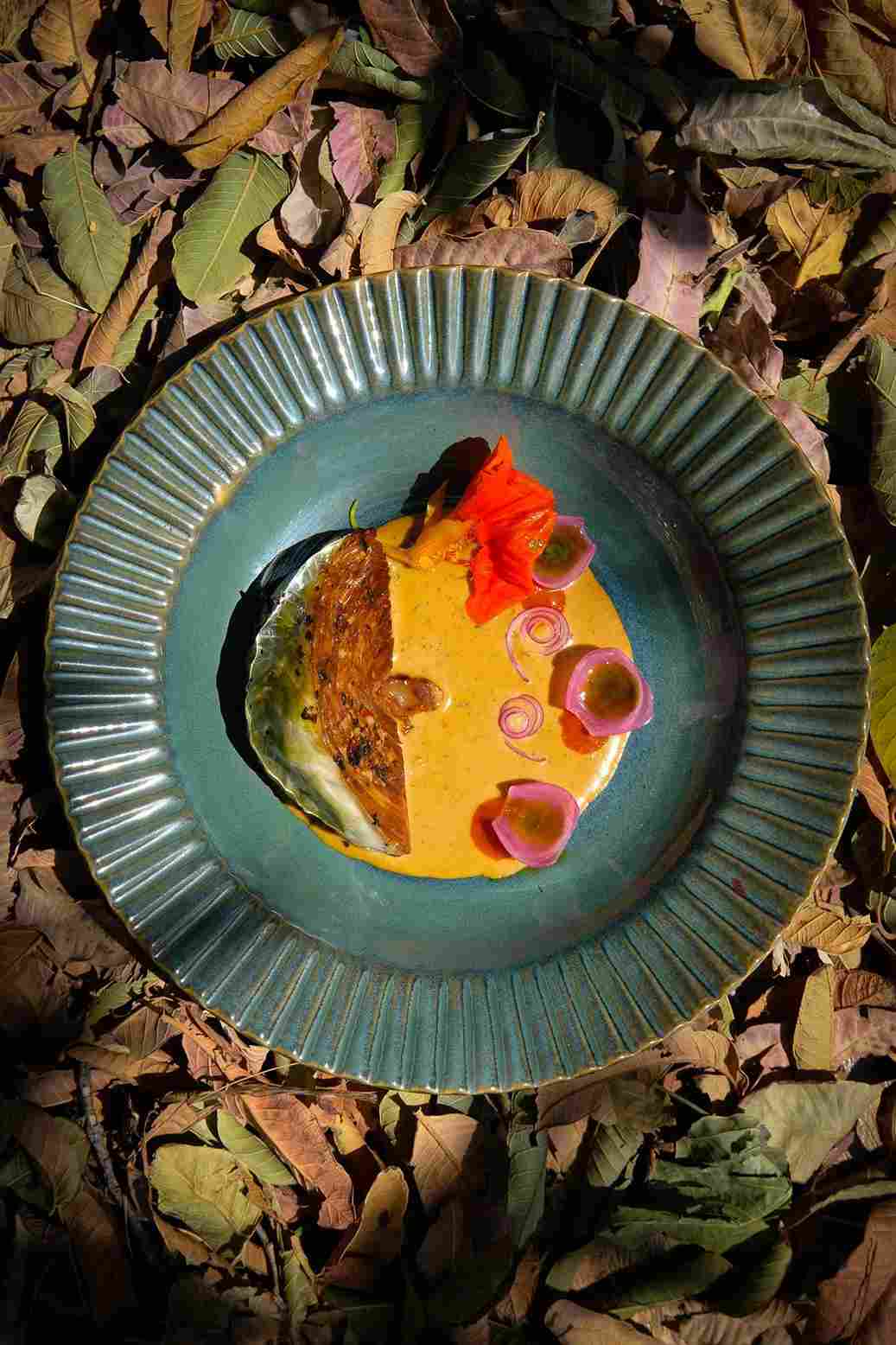
“Our concoctions are aimed at creating a flavour profile. We set out to create dishes that are atypical, not part of standard menus. So there was no benchmark or recipe to follow but just the guiding principle that they not only need to be pleasant to eat, but visually appealing.”
“Our crockery is manufactured locally by artisans from Jodhpur and Jaisalmer. We also use trellis mesh of creepers/climbers as opposed to concrete for building wall separators during the walking trail,” she adds, emphasising the sustainability quotient at MharoKhet.
One of the guests, Sapna Bhatia from Delhi, says her experience at MharoKhet was unparalleled.
“From the time you enter till you are seated on a table under a guava tree, you feel you have entered a different world — a world of harmony with nature and its surroundings. I would recommend it to others because it is a great fine dining experience in an unexpected setting in the Thar Desert,” she says.
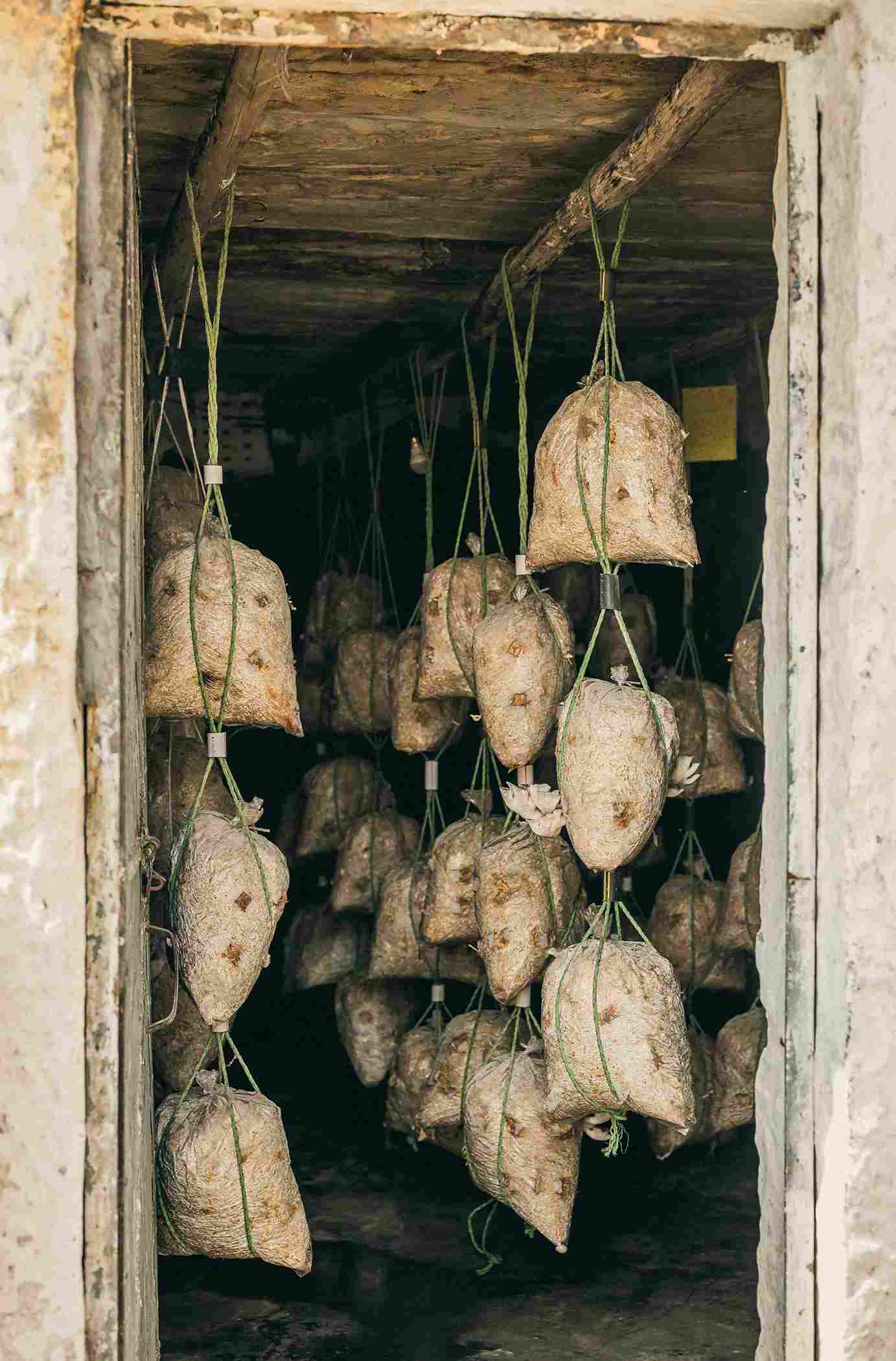
While the complete experience costs Rs 4,500, guests can opt for only the tour (Rs 2,000) or only the dining (Rs 3,500).
While the couple has welcomed 600 guests since the inception of this model, they say they measure their accomplishments in other ways.
“During the farm tour, guests can break the baby corn from its cob and peel and eat it, just like that. The minute it hits the palate, it feels like sugar melting in your mouth. To have city folk experience this, is what our endeavours have always been directed towards,” says Rajnush. “That moment for us is success.”
For more information or to book your experiential tour click here.
Edited by Divya Sethu
This story made me
- 97
- 121
- 89
- 167
Tell Us More
We bring stories straight from the heart of India, to inspire millions and create a wave of impact. Our positive movement is growing bigger everyday, and we would love for you to join it.
Please contribute whatever you can, every little penny helps our team in bringing you more stories that support dreams and spread hope.






